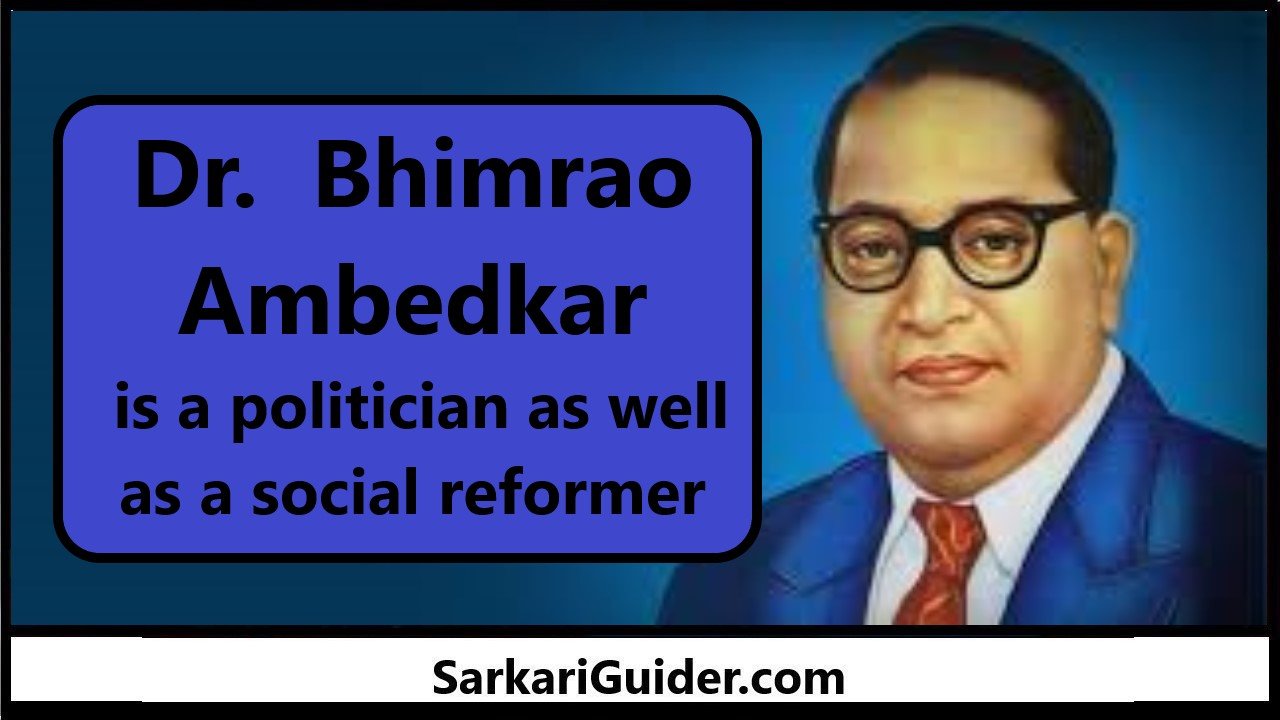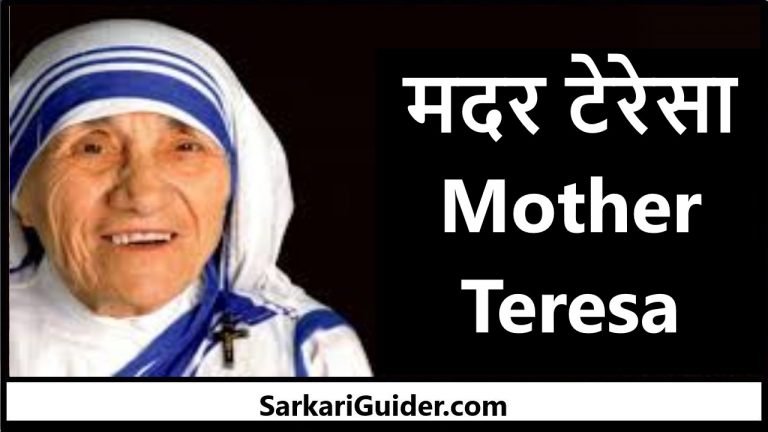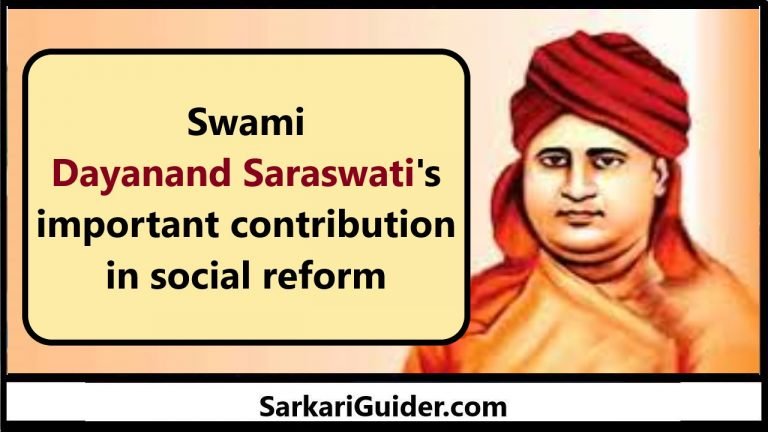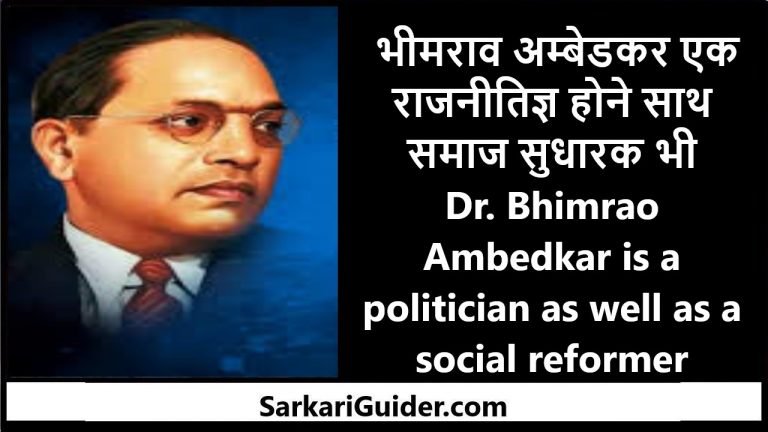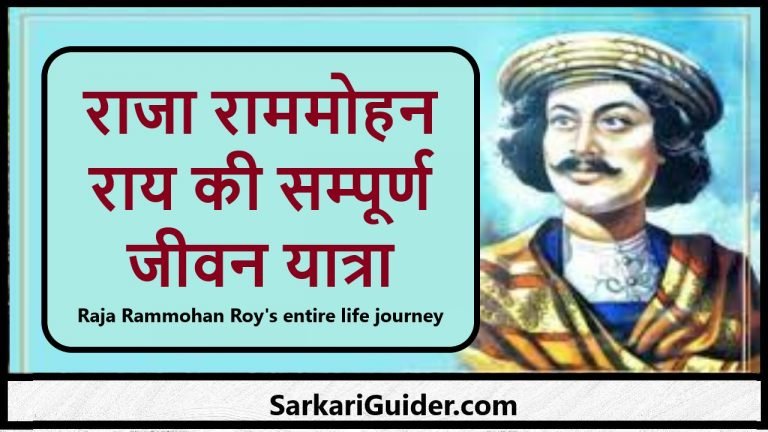Dr. Bhimrao Ambedkar is a politician as well as a social reformer

Dr. Bhimrao Ambedkar is a politician as well as a social reformer
Dr. Bhimrao Ambedkar was a well-known politician, jurist and social reformer. He was born on 14 April 1891 in Mahar family of Maharashtra. His childhood was spent in such socio-economic conditions where the Dalit had low position. The children of Dalit used to take their sack cloth to sit in the school. They could not sit with other upper caste children. This untouchability had a major impact on the mind of Dr. Ambedkar , which later came out in explosive form. If Maharaja Gaikwad of Baroda had not helped them, Dr. Bhimrao Ambedkar might not have reached the point at which he had reached. The erstwhile social system, illiteracy, superstition caused him great pain. Maharaja Gaikwad gave him a scholarship in view of his talent. Due to this, he finished schooling and went to the Eliphiston College in Mumbai.
After this, in 1913, Dr. Bhimrao Ambedkar did his MA in Economics. From the Columbia University of America. In 1916, he obtained a PhD from the same university on the subject called ‘Analysis of Financial Situation in the Provinces of British India’. In 1922, Dr. Bhimrao Ambedkar received the second degree of PhD from the University of London. This time the subject of his research was “Problem of Rs.” This topic was important to them from time to time because in those days Indian textile industry and exports were facing deep economic crisis due to British policies.
Dr. Bhimrao Ambedkar observed and experienced the social systems of India and absorbed very closely. He felt that the contemporary social system in India was based on the fundamental principle of untouchability, untouchability. Right there abroad. On these grounds, there was no difficulty anywhere. Due to his skill in intelligence, he not only evaluated the social system of the country and abroad in his own way but also understood the discrepancies which were reflected in Indian society as untoward treatment of human being on the basis of untouchability. He also got admission in London’s School of Economics and Political Science during British rule, but due to the contract of Gaikwad regime, he left his studies and returned to India and had to serve as Military Secretary in Baroda State.
The logical presentation made by Dr. Bhimrao Ambedkar before the Hilton Young Commission in 1926 on the exchange rate system is still cited as an example. Dr. Ambedkar also did not like Gandhian, economic and social policies. The reason for this was that Gandhi ji was not in favour of big industries. Dr. Ambedkar believed that industrialization and urbanization can reduce untouchability and deep social inequality prevalent in Indian society. Dr. Ambedkar was a strong supporter of the democratic parliamentary system and believed that problems could be solved by this system of governance in India.
In 1927, Dr. Ambedkar brought out the excluded India Fortnightly newspaper. It was from here that his intense social thinking started in the context of social change. Through the establishment of the Independent Labour Party, he referred to many problems of Dalit labourers and peasants. His party won thirteen of the fifteen seats in the Bombay elections in 937. Though Ambedkar did not agree with Gandhiji’s methods of Dalit revival, but due to his ideology, he attracted the big leaders of Congress – Nehru and Patel with his talent.
After independence, he was made Law Minister on 3 August 1947. He was appointed as the Chairman of the Constitution Drafting Committee of India on 21 August 1947. The democratic, secular and socialist constitution of India was structured under the chairmanship of Dr. Ambedkar. In which the fundamental rights of humans were fully protected. On 26 January 1950, the Constitution of India was dedicated to the nation on 25 May 1950, Dr. Ambedkar travelled to colombo. On 15 April 1951, Dr. Ambedkar laid the foundation stone of the Ambedkar Bhawan in Delhi. On 27 September this year, Dr. Ambedkar resigned from the Union Cabinet. While living in this position, Dr. Ambedkar introduced the Hindu Code Bill. The purpose of this bill was to improve the social life of Hindus. Apart from this, the system of divorce and women had to share in the property. He was not satisfied with the social system only after attaining sufficient respect and political office. For this reason, he converted to Buddhism on 14 October 1956.
Dr. Bhimrao Ambedkar had placed more emphasis on the moral and human values replaced by Lord Buddha for economic development and capital acquisition. He said that Dalit’s can develop only through cooperative and collective agriculture on the model of Soviet Russia. The then Prime Minister Pt, Jawaharlal Nehru was also in favour of this system. He pledged to give Dr. Ambedkar the post of Chairman of the Planning Commission for its implementation.Bhimrao Ambedkar, as a member of the Viceroy council in the British era, also made many labour laws and social security schemes for the workers and poor people on which Even today, a lot of emphasis is being given. Dr. Ambedkar was not in favour of Panchayati Raj system and decentralization of power at the village level, he said that decentralization of rural areas will increase economic injustice and oppression of Dalit’s and poor. Dr. Ambedkar’s contribution as a facilitator of the demand for reservation for Dalit’s was immense. He never hid his suffering in the context of the Dalit rise.
महत्वपूर्ण लिंक
- भारतीय संविधान की विशेषताएँ
- जेट प्रवाह (Jet Streams)
- चट्टानों के प्रकार
- भारतीय जलवायु की प्रमुख विशेषताएँ (SALIENT FEATURES)
- Indian Citizenship
- अभिभावक शिक्षक संघ (PTA meeting in hindi)
- कम्प्यूटर का इतिहास (History of Computer)
- कम्प्यूटर की पीढ़ियाँ (Generations of Computer)
- कम्प्यूटर्स के प्रकार (Types of Computers )
- अमेरिका की क्रांति
- माया सभ्यता
- हरित क्रान्ति क्या है?
- हरित क्रान्ति की उपलब्धियां एवं विशेषताएं
- हरित क्रांति के दोष अथवा समस्याएं
- द्वितीय हरित क्रांति
- भारत की प्रमुख भाषाएँ और भाषा प्रदेश
- वनों के लाभ (Advantages of Forests)
- श्वेत क्रान्ति (White Revolution)
- ऊर्जा संकट
- प्रमुख गवर्नर जनरल एवं वायसराय के कार्यकाल की घटनाएँ
- INTRODUCTION TO COMMERCIAL ORGANISATIONS
- Parasitic Protozoa and Human Disease
- गतिक संतुलन संकल्पना Dynamic Equilibrium concept
- भूमण्डलीय ऊष्मन( Global Warming)|भूमंडलीय ऊष्मन द्वारा उत्पन्न समस्याएँ|भूमंडलीय ऊष्मन के कारक
- भूमंडलीकरण (वैश्वीकरण)
- मानव अधिवास तंत्र
- इंग्लॅण्ड की क्रांति
- प्राचीन भारतीय राजनीति की प्रमुख विशेषताएँ
- प्रथम अध्याय – प्रस्तावना
- द्वितीय अध्याय – प्रयागराज की भौगोलिक तथा सामाजिक स्थित
- तृतीय अध्याय – प्रयागराज के सांस्कृतिक विकास का कुम्भ मेल से संबंध
- चतुर्थ अध्याय – कुम्भ की ऐतिहासिक एवं सांस्कृतिक पृष्ठभूमि
- पंचम अध्याय – गंगा नदी का पर्यावरणीय प्रवाह और कुम्भ मेले के बीच का सम्बंध
Disclaimer: sarkariguider.com केवल शिक्षा के उद्देश्य और शिक्षा क्षेत्र के लिए बनाई गयी है | हम सिर्फ Internet पर पहले से उपलब्ध Link और Material provide करते है| यदि किसी भी तरह यह कानून का उल्लंघन करता है या कोई समस्या है तो Please हमे Mail करे- sarkariguider@gmail.com

